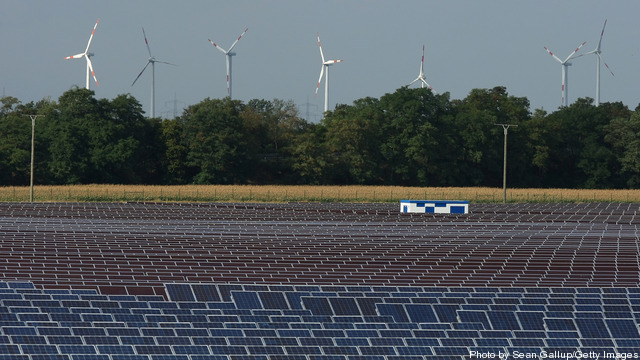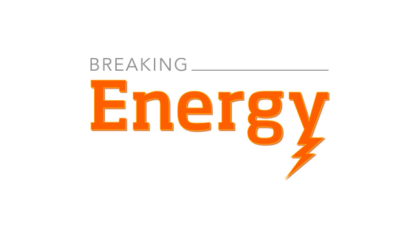
While Germany’s once soaring photovoltaic sector is going through very hard times – a consequence primarily of cheap Chinese imports – the country’s wind energy sector, also a market leader, has so far managed to stay on its feet. But the industry is not booming like it did just a few years ago and is scaling back its expectations for 2012. Experts in Germany say that the German wind industry should expect even tougher competition coming its way soon, possibly from China.
In Germany one of the country’s solar panel manufacturers after another closed their doors over the past year and a half: Battling with China and other new competitors the world-wide industry created a glut and prices went tumbling down in 2009 and 2010. With them went under what had been several of the choicest success stories of Germany’s post-unification economy, many of them in the former eastern Germany which had benefited immensely from the upstart renewables industry. Keep reading →









The End of Big Energy?
By Peter GardettThe term “big oil” carries quasi-political connotations of a kind of shadow state that has often attracted sharp criticism. But if we look at the end of “big oil,” will we like what we see?
Energy companies are often called on to operate like states rather than private firms. They are held responsible for the safety, health and livelihoods of enormous numbers of people, they are entrusted with resources owned by the public and by virtue of their size and reach they are often as much partners as targets in tackling political problems at home and abroad. Keep reading →